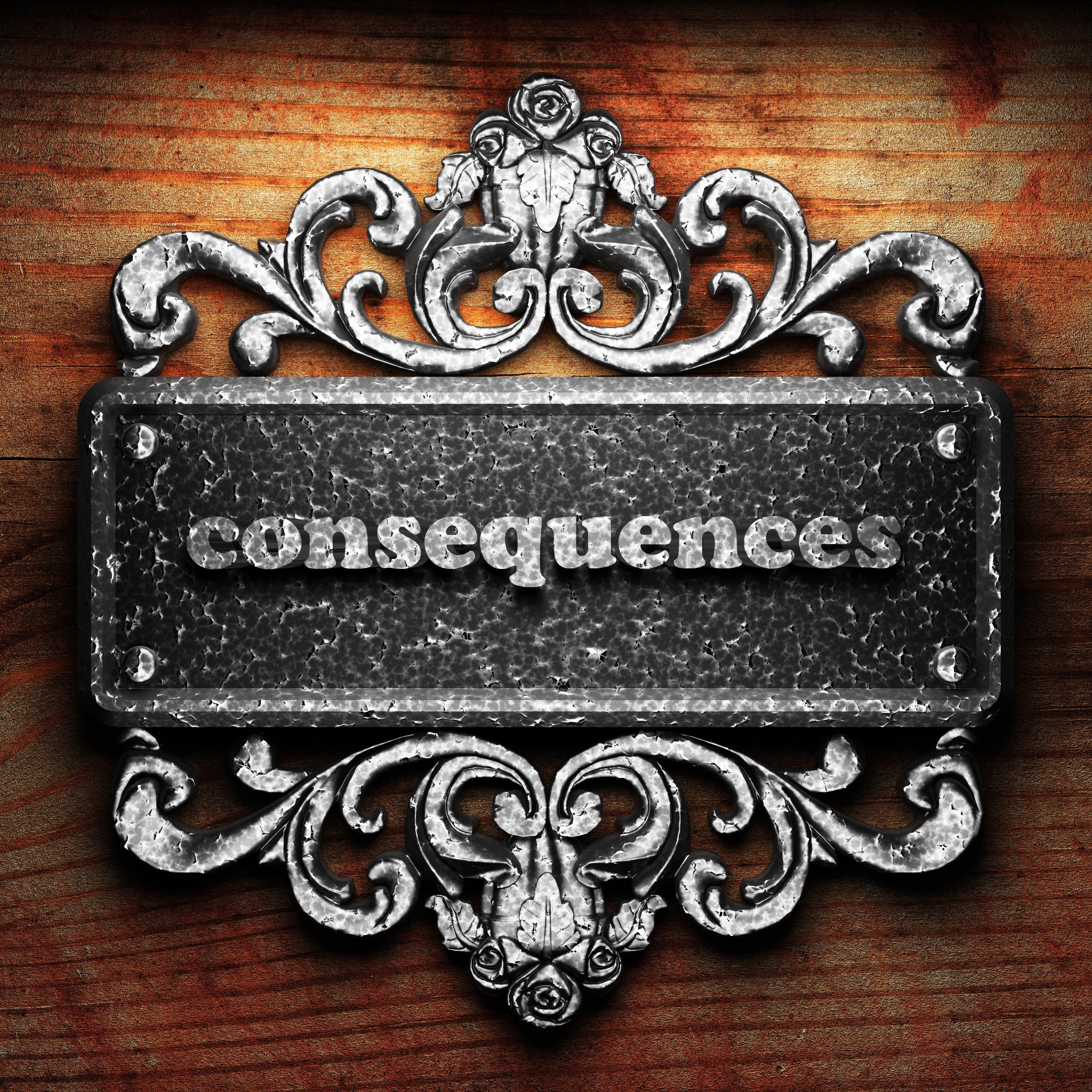What Constitutes Intent to Distribute in Chicago?
When you hear about drug-related offenses, phrases like “possession” and “intent to distribute” might seem interchangeable. However, these terms carry precise legal meanings that can drastically affect the outcome of a case.
If you are facing drug charges in Chicago, you need to retain a lawyer as soon as possible. Attorney Andrew Weisberg is a skilled Illinois attorney who is committed to protecting the rights of people accused of violating the law. Call us today for a free case evaluation.
Understanding “Intent to Distribute”
In Illinois, being charged with drug possession is serious, but intent to distribute raises the stakes even higher. While simple possession implies that someone had drugs for personal use, intent to distribute means the authorities believe the person planned to sell or distribute those drugs to others.
A conviction for intent to distribute can result in more severe penalties and longer-lasting consequences. The element of intent distinguishes it from simple possession charges. To prove intent to distribute, the prosecution must demonstrate that the accused had the intention to sell, transfer, or deliver illegal substances to others.
Factor the Prosecution Can Use to Establish Intent to Distribute
Prosecutors use various factors to establish intent to distribute. These factors include the following:
Quantity of Drugs
If someone is caught with an unusually large quantity of drugs, prosecutors may assume it’s not just for personal use. While Illinois law doesn’t specify an exact threshold for what quantity constitutes intent to distribute, larger amounts can certainly raise suspicions.
Packaging
The way drugs are packaged plays a significant role. For example, if law enforcement finds drugs divided into multiple small bags or containers, they might interpret this as a sign of intent to distribute. Individually wrapped doses make it easier to distribute and sell, so packaging is a red flag that prosecutors often point to as evidence.
Presence of Drug Paraphernalia
Scales, baggies, and cash—especially large amounts of cash—can also suggest intent to distribute. While having these items isn’t enough on its own to prove distribution, it can contribute to the prosecution’s argument. Cash and scales, in particular, are often associated with drug transactions, so they’re viewed as supporting evidence.
Observation of Conduct
If law enforcement officers observe activities like frequent visitors or exchanges of money in a short timeframe, they may consider it indicative of drug distribution. Surveillance or witness testimony can be used to argue that someone was selling drugs, even without a direct transaction being observed.
Statements and Admissions
Anything you say to law enforcement can be used as evidence. If you admit to selling drugs or imply that you intended to do so, those words can become a powerful tool for the prosecution. While it’s always best to remain silent and ask for an attorney, sometimes statements made during an arrest or interrogation end up used as evidence of intent.

Legal Consequences of Intent to Distribute in Chicago
Being convicted of intent to distribute can lead to harsh penalties in Chicago. In Illinois, the consequences vary based on the type and quantity of drugs involved, but generally, they include:
- Significant fines
- Lengthy prison sentences
- Damage to your reputation in your community
- Problems at work
- Sanctions imposed by your school
Notably, some of these penalties can affect you for years after your court-ordered sentence has ended. As a result, you should retain a lawyer as soon as you can to protect your rights.
Contact a Chicago Criminal Defense Lawyer Today
If you’re facing intent to distribute charges in Chicago, the Law Offices of Andrew Weisberg can provide the skilled defense you need. Andrew Weisberg, a former prosecutor, brings personal knowledge of how these cases are pursued, offering a powerful advantage in defending your rights.
Our firm understands the importance of challenging every aspect of the evidence to build the strongest possible case on your behalf. We’re here to listen, guide, and fight for the best possible outcome. Contact the Law Offices of Andrew Weisberg today at 773-908-9811 or fill out this online form to schedule a consultation.







 Blog Home
Blog Home 










